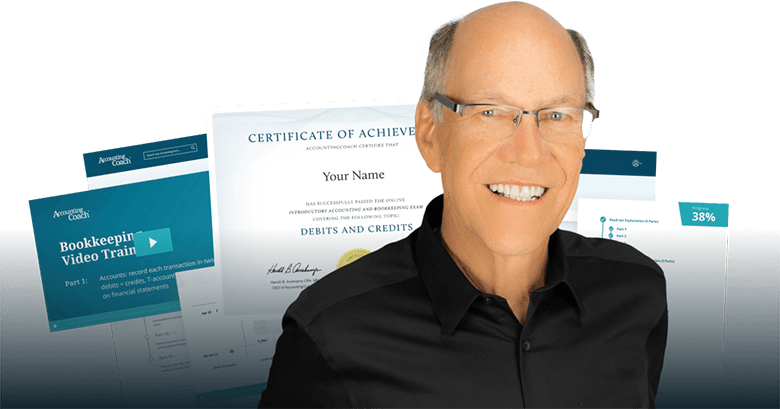"As a seasoned bookkeeper and business owner with over 30 years of experience, I can confidently say that becoming a PRO user on AccountingCoach has transformed my approach to accounting. The materials offer unparalleled depth and clarity, perfectly aligning with my professional needs. The decision to upgrade was motivated by a quest for comprehensive resources, and the website has surpassed my expectations. The engaging content and practical examples have not only streamlined my workflow but also enriched my skill set, making intricate concepts more accessible. For anyone serious about excelling in accounting, this investment is truly worthwhile."












































































